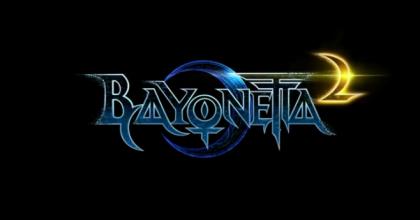

In the last three Ace Attorney games, we've followed Phoenix Wright through just about every crazy twist of events imaginable. We've been with him through the loss of a close friend, seen him accused of murder at the age of 21, and pulled for him while he fought for his life after nearly being burned alive. But Apollo Justice: Ace Attorney starts with a shock that trumps all of that: Phoenix has been disgracefully stripped of his attorney's badge and has been working as a professional poker player for the last seven years. And did we mention he suddenly has a 16 year-old daughter? There's no way this is the same noble, never-give-up defense attorney we know, and loyal fans of the Ace Attorney series will undoubtedly feel betrayed at the start of this fourth installment.
So what is going on here? Seeing our beloved spiky-haired champion of truth getting run through the mud is hard to swallow at first, but try not to get too outraged - like in previous Ace Attorney games, not all is what it seems at first. Trials that seem completely unrelated are actually more intertwined than you could have ever imagined, and as always, the truth eventually chokes its way out via many shifty witnesses and persistent investigation.
Because Phoenix's character is a large part of what made the previous games great, the bar is set impossibly high for Apollo Justice from the get-go. Maybe we're biased, and maybe it's the seemingly disgraceful way the torch is passed, but Apollo just doesn't have the same charm or character depth as his predecessor. His adversary, rockstar prosecutor Klavier Gavin, consistently outshines him in both likeability and character depth.
But what Apollo lacks in substance he makes up for in secret powers - namely a fun addition to your truth-seeking repertoire called the "perceive" ability. Like a poker player finding an opponent's "tell," Apollo can focus on minute changes in behavior by zooming in and using the stylus to point out subconscious tells like facial ticks and perspiration that correspond with certain key points of testimony, and then call the witness out on his lie. It's a welcome change of pace from Phoenix's secret-detecting magatama charm, which, although fun, didn't add as much to the gameplay in previous games as Apollo's power does here.




 Bloodborne Guide: How to Complete Patches the Spider's NPC Quest Line
Bloodborne Guide: How to Complete Patches the Spider's NPC Quest Line Destiny: Mobile Companion App Guide
Destiny: Mobile Companion App Guide How to update Playstation VITA firmware via Wi-Fi
How to update Playstation VITA firmware via Wi-Fi Red Orchestra 2: Heroes of Stalingrad Walkthrough
Red Orchestra 2: Heroes of Stalingrad Walkthrough Top 20 Tips for Fallout Shelter Players For Better Results
Top 20 Tips for Fallout Shelter Players For Better Results